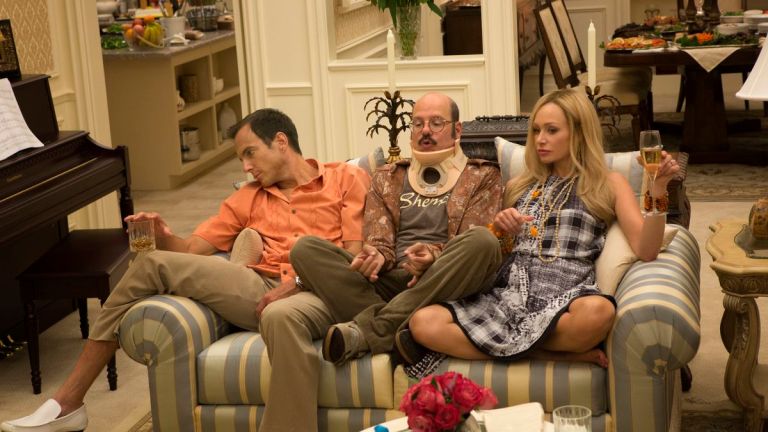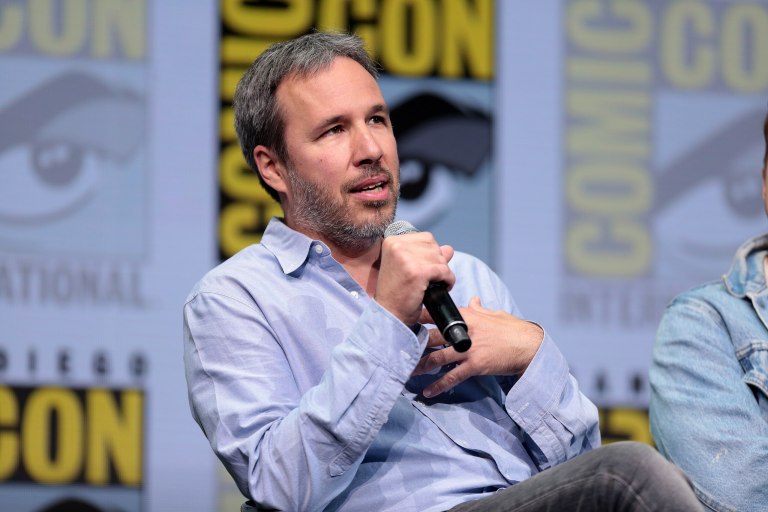
12 Reasons Why Minimalism May Be The Answer To Anxiety

1. Visual reminders impact your state of mind.
When doctors want to get older patients to remember their to take their prescriptions, they leave them visual cues to jog their memory – like a string tied around your finger so you don’t forget something important. What many people don’t realize is that this function applies all of the time. The things that surround you are triggering thoughts, even when they aren’t immediately conscious. This is why you’ll feel more relaxed in open, clean spaces. The visual reminders you’re leaving yourself are that of calmness.
2. You step out of the rat-race of who has what and how to have more.
When you live under the assumption that life is just a process of “getting” (promotions, partners, things) you will constantly feel as though you don’t have enough. It’s this mindset that induces a feeling of competitiveness, insecurity, reckless spending, and so on.
3. You’re more inclined to deal with the root of your problems, as you don’t have a way to deflect from them anymore.
When you realize that just buying clothes that make you look “cool” won’t ease the underlying fear that you aren’t accepted by others, you have to actually address that problem rather than letting it control you like a robot for the rest of your life.
4. Minimalism doesn’t necessarily mean to live with the “bare minimum,” but you do reacquaint yourself with legitimate wants vs. needs.
It does, however, mean to only surround yourself, invest in, and care for the things that either serve purpose or hold beauty to you. There’s no standard on how much you can own, the only parameters to really reap the psychological benefits are that you take a thoroughly mindful approach to what you consume, and more importantly, why.
5. It’s an exercise in radical self-discovery.
Even though letting go of a lot of what you own (or a lot of habits you’ve acquired) would seem like a means of losing yourself, it’s only by determining what doesn’t matter that you’ll start to see what does. When you look at your life, and everything from your clothes to your friends to your work are things you inherently care deeply about, you begin to cohere a stronger sense of self.
6. In place of consuming, you have to find things you actually like.
Sure, you’ll still have to go food shopping and pick up new clothes for special occasions or just to spruce up your wardrobe and what-have-you, but when it comes to the consuming habits that are deeply ingrained (shopping as a means of stress-relief, overspending as a means of feeling “in control”) you’ll have to replace them with activities and coping mechanisms that are healthier, which ultimately means you need to do some work on the front of figuring out what you really enjoy.
7. You learn self-control.
It’s no accident that we’re enmeshed in a consumerist post-WWII boom of fast food, fashion and everything else. Prior, people shopped a lot less, owned a lot less, and largely invested more time, care and money into the things they did have. Family heirlooms, handmade furniture, perfectly tailored clothes and cast iron kitchenware was the norm. Now that new things are available to us constantly and cheaply, it’s difficult not to be tempted.
8. You begin to realize what matters.
When you start to differentiate between the things that are necessary and the things you aren’t, you begin to realize that a lot of what causes us stress is simply putting our energy toward things we don’t really believe in. When you start to eliminate what doesn’t matter, the stress that surrounds forcing yourself to keep up with a life you don’t even want dissolves, too.
9. You build financial security, which is a huge anxiety relief in itself.
Finances are an inherently emotional-psychological thing, which why people struggle so much (and mess them up so profoundly). Just saying to “make a budget” or “save” doesn’t address the cornucopia of deeply embedded attitudes we’re conditioned to from a young age. You have to address the why. Why shopping makes you feel better, why you don’t want to save, what exactly compels you more than your own long-term security and comfort does. Minimalism won’t answer these questions, but they will help you begin to address them so you don’t spend your whole life relapsing into unhealthy patterns.
10. You extend the concept of “only purposeful or meaningful” to your entire life.
The more you focus on what matters regarding your belongings, the easier it is to see what matters in the big picture. You begin to see the kind of person you want to be, who truly makes you happy, what drains you of your energy and what fills you up. Purpose and meaning are not things we stumble upon – they are things we choose and create.
11. You realize that things don’t make you a different person.
… Which is essentially the main reason we have such an overconsumption problem: we want to avoid, change, exaggerate or inflate our idea of ourselves. Trying to manage that deep anxiety by changing how the surface appears isn’t just a temporary fix – it ends up hurting you more, reinforcing the idea that you can be someone other than who you most inherently are.
12. Living with less makes you finally feel like you have enough.
In choosing to live with “less,” what you’re really doing is saying: “I finally have enough.” It removes you from the constant feeling of wanting, which eliminates the nagging stress that your life is incomplete. In believing that you already have what you need and what matters, you find the most profound peace of all. ![]()











